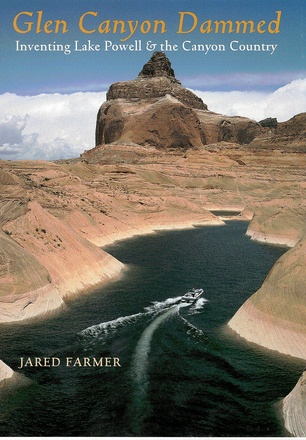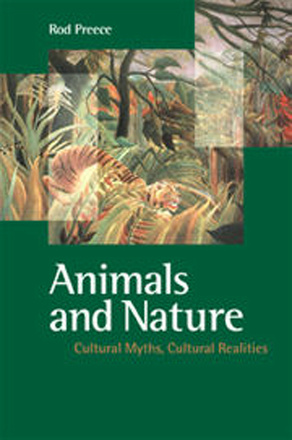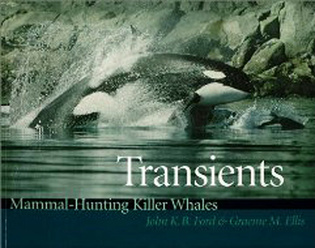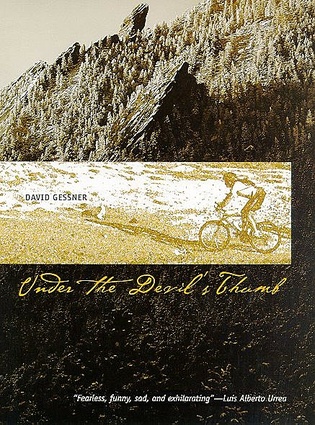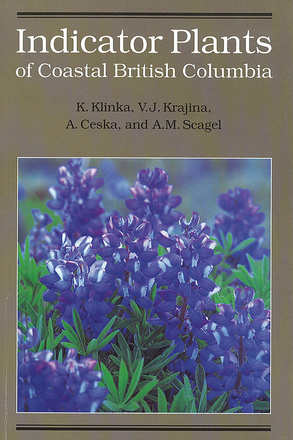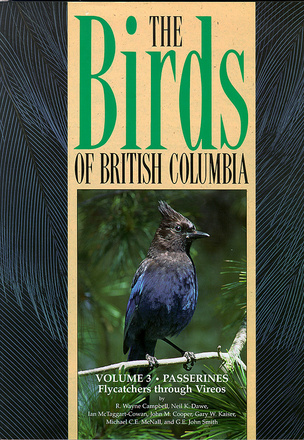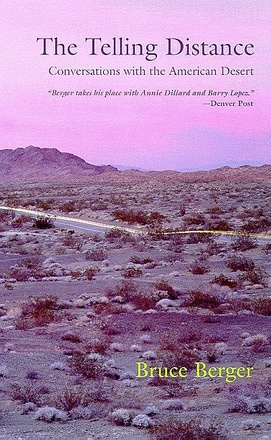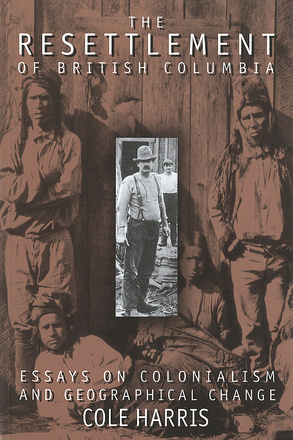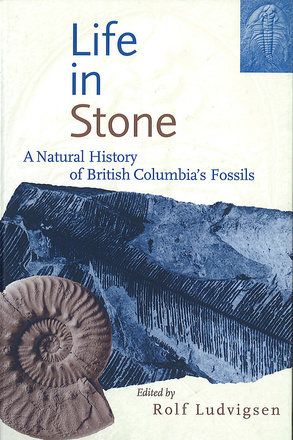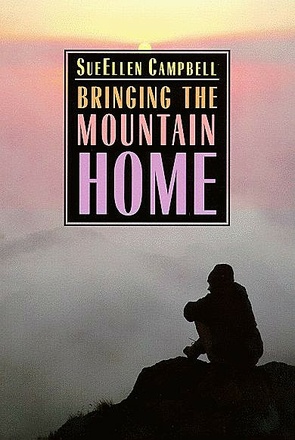Glen Canyon Dammed
Growth is a major issue in the contemporary American West, especially as more and more towns and states turn to tourism to spark their economies. But growth has a flip sidelossabout which we seldom think until something is irrevocably gone.
Where once was Glen Canyon, with its maze of side-canyons leading to the Colorado River, now is Lake Powell, second largest reservoir in America, attracting some three million visitors a year. Many who come here think they have found paradise, and for good reason: it's beautiful. However, the loss of Glen Canyon was monumentalto many, a notorious event that remains unresolved.
Focusing on the saddening, maddening example of Glen Canyon, Jared Farmer traces the history of exploration and development in the Four Corners region, discusses the role of tourism in changing the face of the West, and shows how the "invention" of Lake Powell has served multiple needs. He also seeks to identify the point at which change becomes loss: How do people deal with losing places they love? How are we to remember or restore lost places? By presenting Glen Canyon as a historical case study in exploitation, Farmer offers a cautionary tale for the future of this spectacular region. In assessing the necessity and impact of tourism, he questions whether merely visiting such places is really good for people's relationships with each other and with the land, suggesting a new ethic whereby westerners learn to value what remains of their environment.
Glen Canyon Dammed was written so that the canyon country's perennial visitors might better understand the history of the region, its legacy of change, and their complicity in both. A sobering book that recalls lost beauty, it also speaks eloquently for the beauty that may still be saved.
Animals and Nature
Cultural Myths, Cultural Realities
“No one tradition alone offers a sufficient respect for other species. Taken together, they may offer a prospect for saner human-animal relations.”
Transients
Mammal-Hunting Killer Whales of B.C., Washington State, and Southeast Alaska
This book focuses on the enigmatic and exciting mammal-hunting killer whales and contains the latest information on the natural history of transient killer whales and how and where to best watch them.
Under the Devil's Thumb
David Gessner first moved to Colorado in the wake of a bout with cancer. In Under the Devil's Thumb, this young New Englander takes readers on a joyous quest to discover the mysteries of the western landscape and the landscape of the soul as well.
In the West Gessner began to rewrite his life. Under the Devil's Thumb is a story of rugged determination and sweat, as well as humor, adventure and hope. In and around his new hometown of Boulder, Colorado, Gessner hiked hard and ran alongside flooded creeks. He found that the West was a place of storiesstories that grow out of the ground, flow out of the dirt, work their way through one's limbs, and drive people to push their physical limits.
Hiking up scree slopes toward the Devil's Thumb, a massive outcrop of orange rock that attracts climbers, hikers, and contemplaters, Gessner reflects on the illness he has so recently survived. He pushes his physical limits, hoping to outrun death, to outrun dread. He finds momentary transcendence in the joys and self-inflicted pain of mountain biking. "Nothing but the hardest ride has the power to flush out worry, mind clutter, and dread." In tranquil moments he seeks a chance to recover an animal self that is strong and powerful enough to conquer mountains, but also still and quiet enough to see things human beings ignore.
In the mountain West, Gessner finds what Wallace Stegner called "the geography of hope." He finds within himself an interior landscape that is healthy and strong. Combining memoir, nature writing, and travel writing, Under the Devil's Thumb is one man's journey deep into a place of healing.
Plants of British Columbia
Scientific and Common Names of Vascular Plants, Bryophytes, and Lichens
An up-to-date checklist of the current valid taxonomy for all vascular plants, bryophytes, and lichens in British Columbia.
Birds of British Columbia, Volume 3
Passerines - Flycatchers through Vireos
The Birds of British Columbia is a complete reference work for bird-watchers, ornithologists, and naturalists who want in-depth information on the province's regularly occurring and rare birds.
The Telling Distance
Winner of the 1990 Western States Book Award for Creative Nonfiction, The Telling Distance evokes the yearning expanses of our southwestern deserts and finds them full of sensuous marvels, erratic life forms, eccentric fellow travelers, dry humor, and surprise. In prose that revels in paradox, it reveals desert distances to ...
The Resettlement of British Columbia
Essays on Colonialism and Geographical Change
In this beautifully crafted collection of essays, Cole Harris reflects on the strategies of colonialism in British Columbia during the first 150 years after the arrival of European settlers.
Life in Stone
A Natural History of British Columbia's Fossils
Richly illustrated with photographs and drawings, this is the first book to focus on British Columbia's fossils.
Bringing the Mountain Home
"We like to think that in the wilderness we escape streets and signs. We venture beyond familiar places where everything has been named, made human, possessed, where all paths are known, mapped, set in concrete or ink.. A wilderness is roadless, both by agreement and by law. Surely this should also mean trailless, signless, mapless, nameless: no trace of human writing on the land, nothing to say that we have inscribed this place as ours. An absence that signals the purity of the land, an absence at the center of our desire.
Maybe we should go to the wilderness to get lost, to lose the familiar way of cities and towns, to let loose of our everyday sense of our place, and find another way of being in the world. Lost, amazed, I might forget myself and find myself, a creature among other creatures, a reed in the wind, fed by sunlight, dead plants and animals, minerals from the mountains crumbling at my feet." --SueEllen Campbell, from Bringing the Mountain Home A deeply loved landscape holds us fast to the planet, says SueEllen Campbell in this engaging exploration of our relationships with wild places.
What lies at the core of such love? What draws us to a windblown mountaintop, the slickrock desert, the crash and roar of a whitewater river? What desires shape our wilderness journeys--backpacking, rafting, hiking--and what events, emotions, and ideas shape the stories we tell about them? Campbell explores these questions through personal narratives that float between memoir and meditation, nature essay and adventure story. She travels to a remote spot in Kenya, where thousands of flamingos "encircle the geysers and carpet the glassy lake. In the rain forests of Dominica, she marvels at parrots as bits of green forest tipped with scarlet and given wing.
But always she returns to the intimate landscapes of her home in the Rocky Mountain and desert West. There, a trudge into the Grand Canyon becomes a pilgrimage into the earth's immensity. Layers of personal grubbiness offer an introduction to geology, and a comical obsession with equipment hints at how to live in the moment. A climb up a familiar mountain turns into a brush with death.
By turns celebratory, funny, lyrical, and down-to-earth, Campbell's is an exuberant new voice that will appeal to many readers. Lovers of the outdoors, armchair travelers, and students of nature writing will find in this book a field guide to the emotions and ideas set loose in us by wild places.

